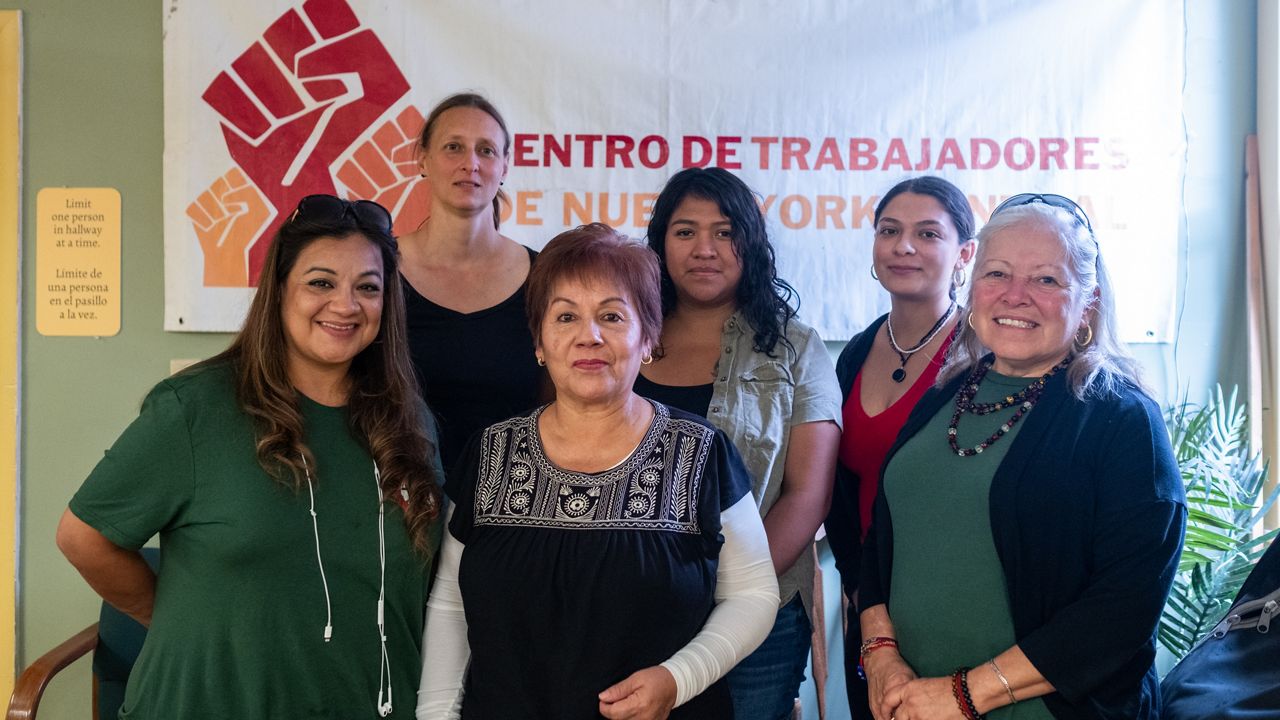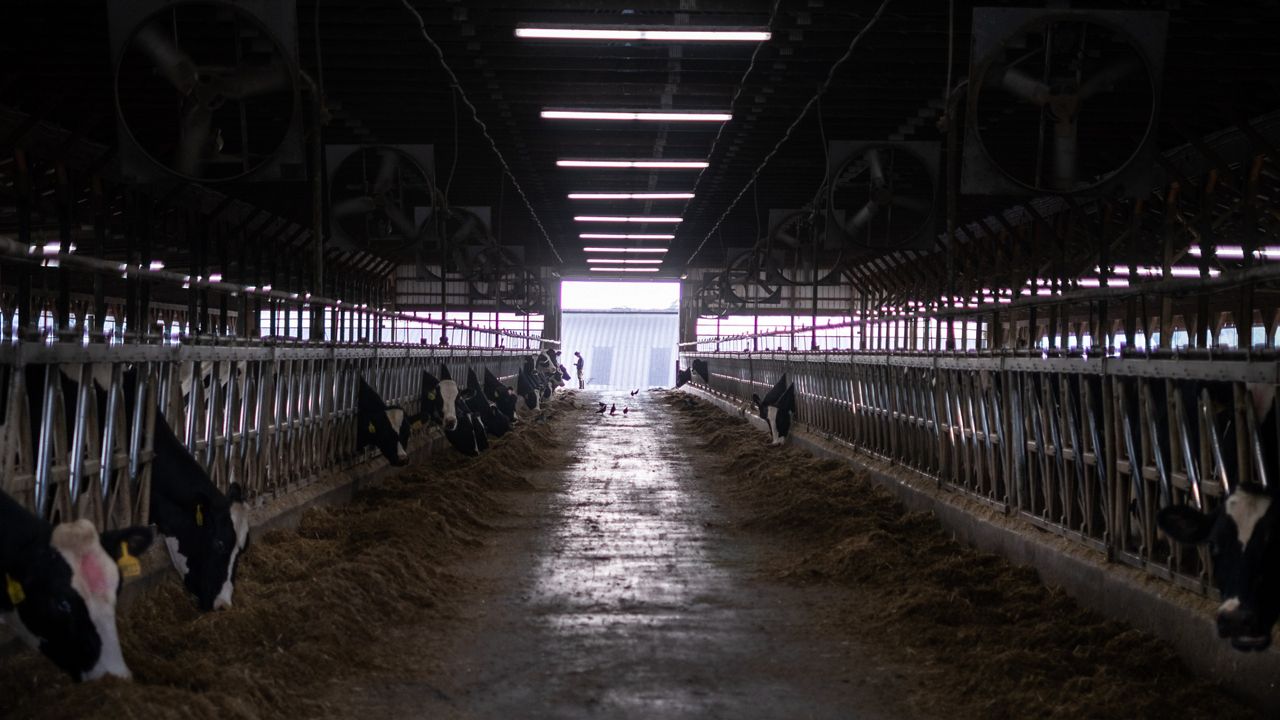A local advocacy group continued its push this week to get pandemic-related federal payments in the hands of New York farmworkers.
Leaders from Alianza Nacional de Campesinas, a national farmworker advocacy group, visited the Workers’ Center of CNY in Syracuse to discuss the distribution more than $48 million nationwide to farmworkers who were on the job through the pandemic.
Under the USDA Farm and Food Workers Relief Grant Program, people who worked on a farm or food processing facility could qualify for a $600 check.

The money is meant to cover out-of-pocket expenses that workers acquired such as purchasing personal protective equipment and COVID tests. It is funded through the Consolidated Appropriations Act of 2021.
“Farmworkers being called essential workers were not treated as essential workers,” said Mily Trevino-Sauceda, executive director of Alianza. “They were not provided the equipment or given the 6 feet of distance, and when they were getting sick, they were not getting any kind of response from the companies.”
Any amount of money toward these expenses helps, but Trevino-Sauceda said it's not enough.
“We are interviewing some of the beneficiaries because we want to document how they are feeling and how the $600 is helping them, but people are very humble and will stretch money because the majority of farmworkers are living under the poverty level so they will take anything they can get,” she said.
The goal is to distribute the funds to more than 64,000 farm and food workers who were employed between Jan. 1, 2020, and March 11, 2023.
Payments are available to all workers regardless of their immigration status.
Jessica Maxwell, executive director of the Workers’ Center of CNY, said that undoubtedly thousands of New York farm and food workers have applied and or received the payment.
“We’ve assisted over 300 people in person since the end of April,” she said.
As an organization working with Alianza, Maxwell said they have asked workers about their experiences in order to advocate for them.
“Always educating ourselves and then working with them to figure out solutions and what are the laws that protect them,” Maxwell said.
Advocating for them can be hard, however. Maxwell said during the pandemic, and even now, farmworkers fear retaliation from employers if they report problems.
“So many people are concerned about their immigration status,” she said.
While there have been other strides toward protecting farmworkers, Trevino-Sauceda said more work needs to be done.
“It’s 2023 and we’re still not doing what needs to be done, we’re putting Band-Aids on them,” she said.



